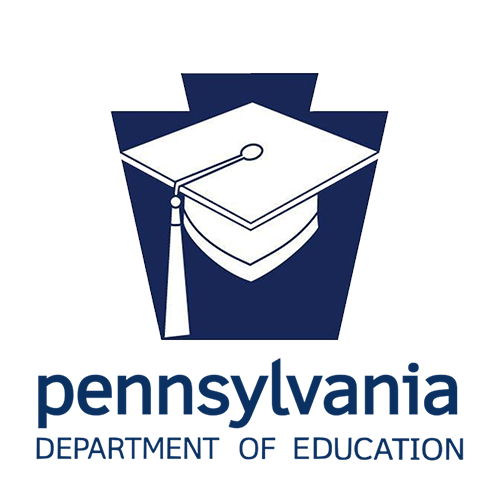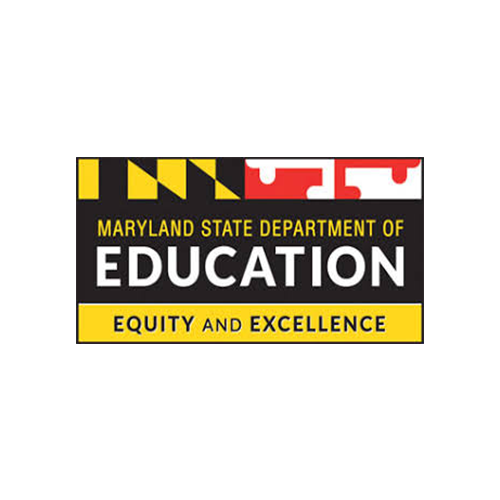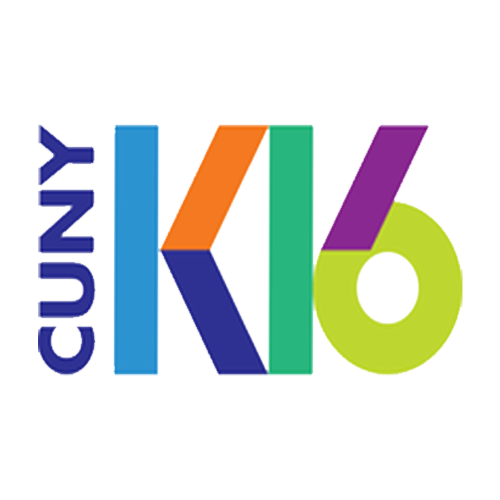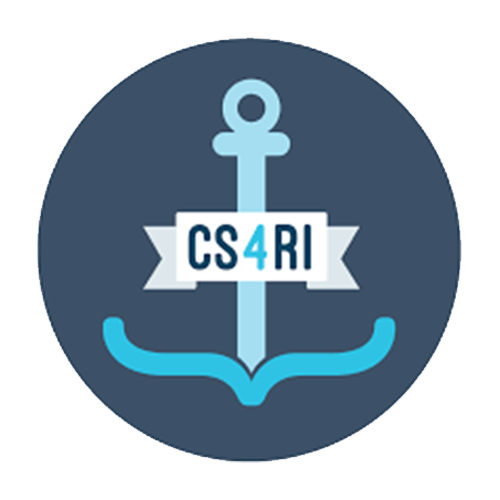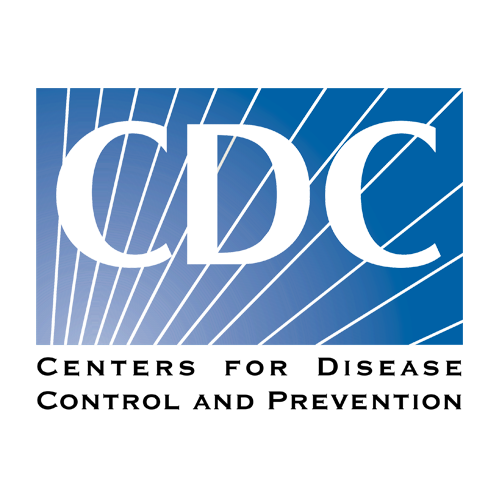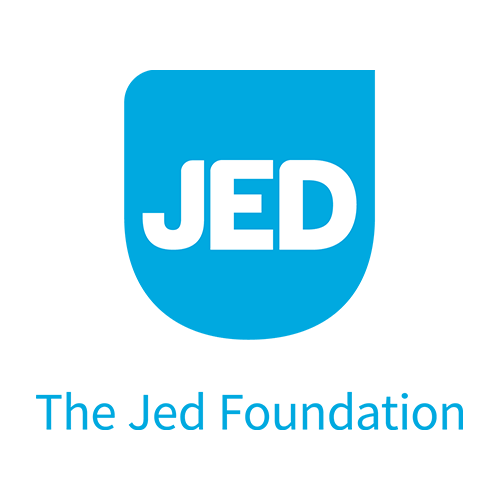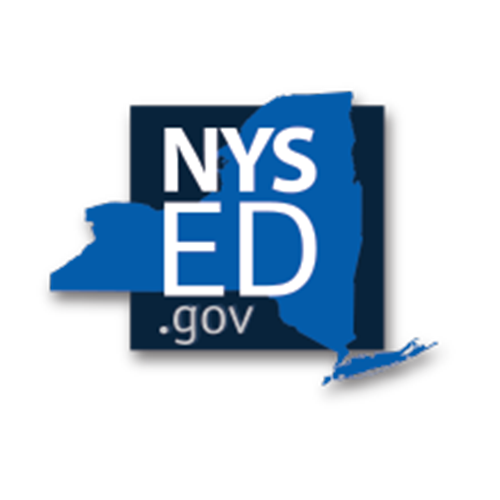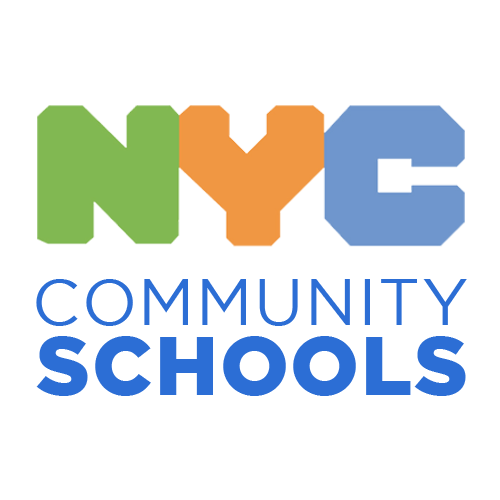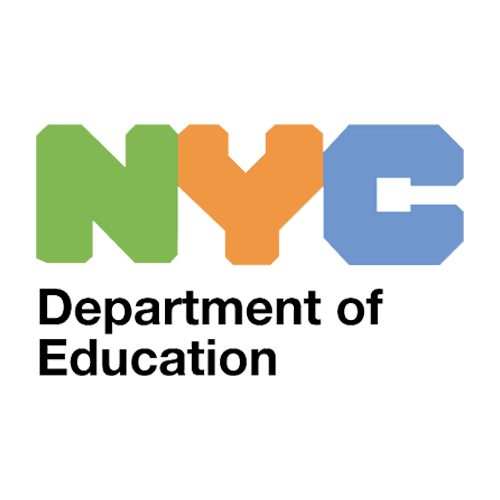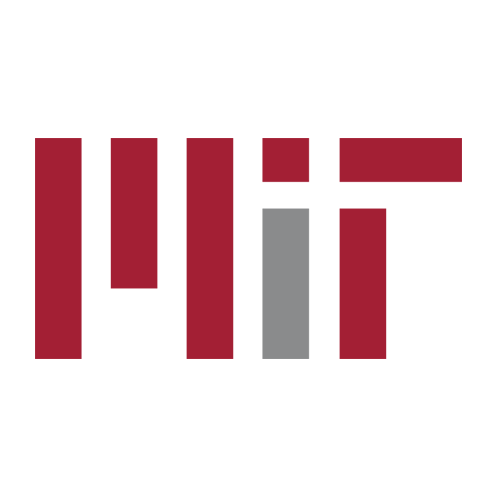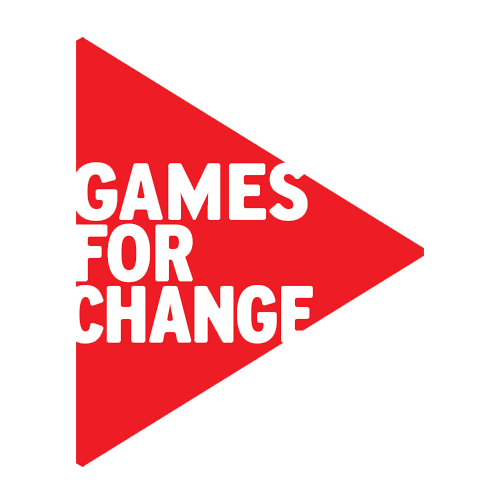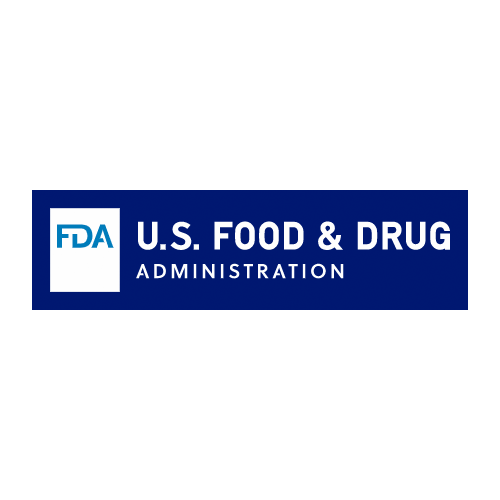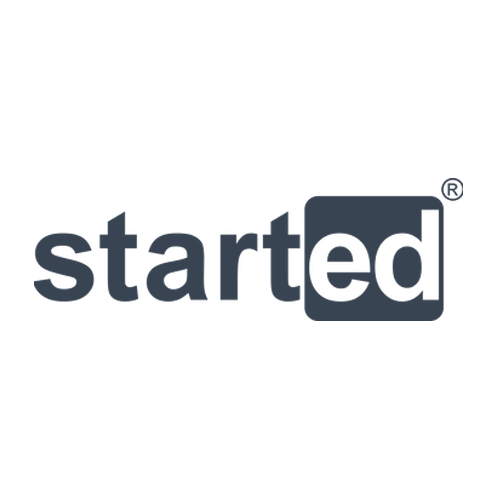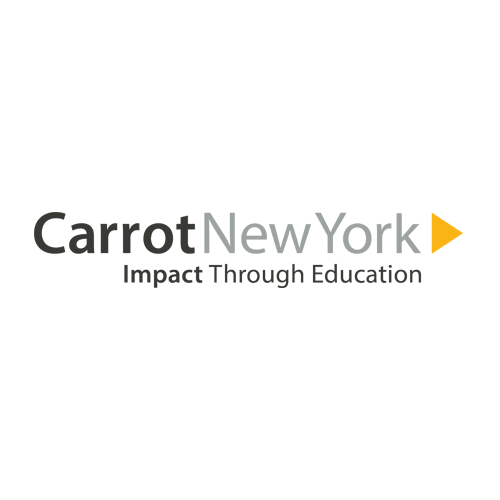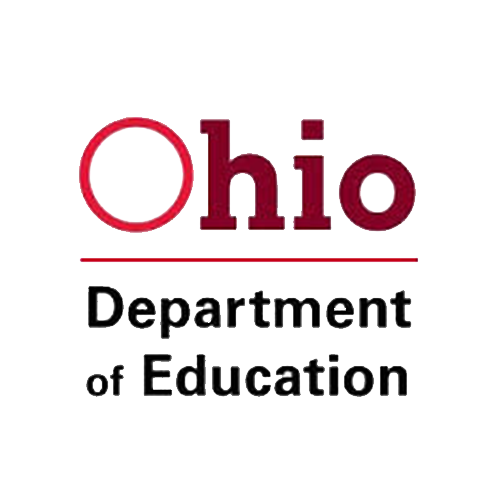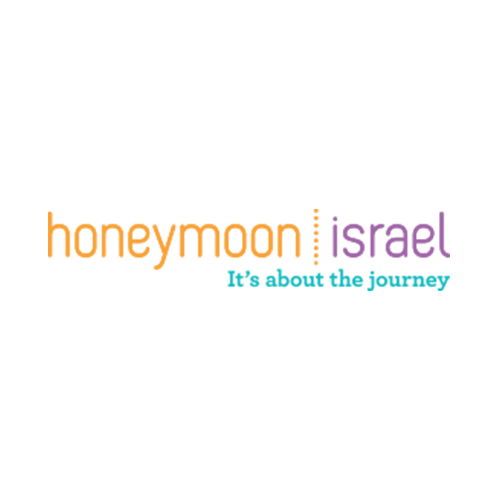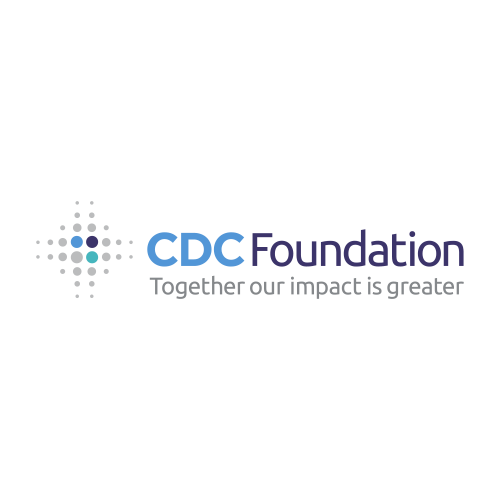Case Study: Environmental Scan
CDC Foundation: Preventing Child Sexual Abuse in Youth-Serving Organizations
ACR was contracted to support a multi-pronged environmental scan in partnership with the CDC and CDC Foundation to support revisions to the CDC’s landmark 2007 publication Preventing Child Sexual Abuse Within Youth-serving Organizations. The goal of the revised publication is to provide guidance for youth-serving organizations (YSOs) to develop and implement effective policy for preventing child sexual abuse (CSA) using the best available evidence and practices.
Our role included two phases of work: 1) organizing and co-leading a two-day convening of project partners to launch and guide the project’s methods and guiding theory; and 2) conducting qualitative data collection with a broad sample of YSOs to gather their perspectives about the challenges of protecting children, the strategies that they are currently using, the support they need to implement best practices, and the language they use to describe child safety. ACR developed multiple interview and focus group guidelines and protocols using a culturally responsive lens for a range of stakeholders.
We conducted a total of 33 interviews and 31 focus groups with a sample of 141 YSO staff, stakeholders, and leaders from across the US to understand best practices and barriers to effective policy. Our analysis led to seven reports to accomplish several goals: one report detailed the research methods to be included in peer-reviewed publications; one summarized the overall findings from participants with strategic recommendations for providing technical assistance about CSA prevention; and five separate reports were created about communities that are at increased risk to experience abuse, with considerations for policies and practices to prevent CSA in each community and effective strategies for engaging YSOs that serve each community.
The revised tools to support YSOs will be available to the public in 2024.
-

Content Development Partner
ACR brings the highest level of strategic thought, confidence, and professionalism to all projects. ACR has often been required to meet tight deadlines and manage multi-level client approval processes. They always deliver on time and without cutting corners, while managing expectations along the way.
-

Client, City Agency
ACR takes the time to understand what I’m looking to learn from each evaluation, and they design and revise their methods to answer my specific questions. As a result, their research captures meaningful data and evidence of impact, and their analysis and recommendations directly relate to my programs. Their work has directly influenced programmatic decisions and policy.
-

Client, Higher Ed
ACR’s knowledge, insight and understanding of our goals helped to foster a very collaborative working relationship. ACR’s team members became an invaluable part of my project team.

